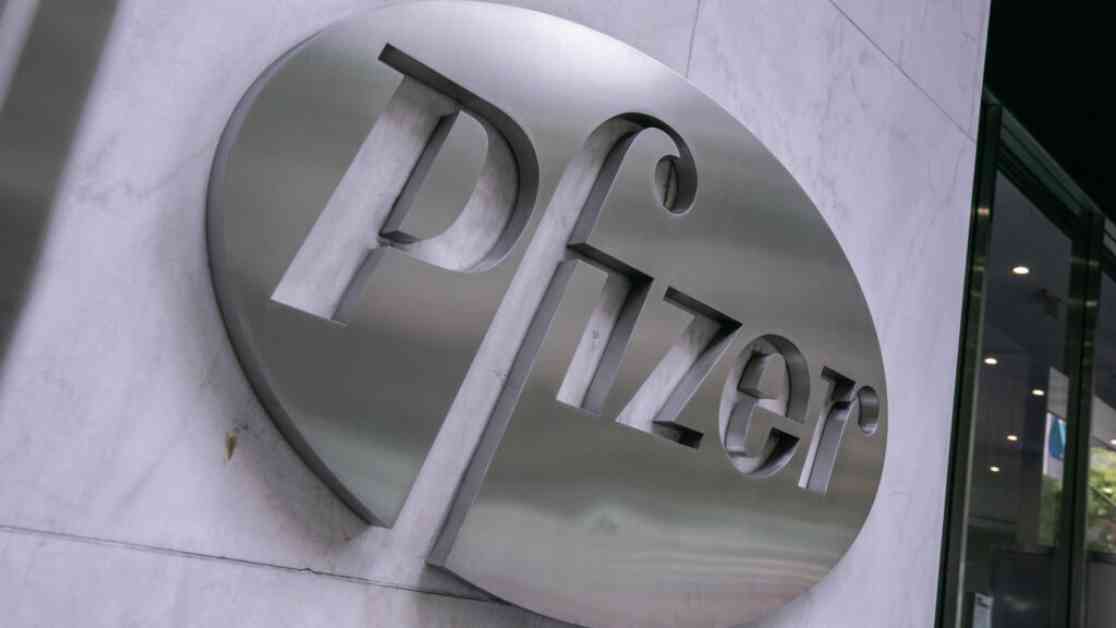Pfizer, a leading pharmaceutical company, made headlines on Wednesday with the announcement that it would be withdrawing Oxbryta, a medication used to treat sickle cell disease, from all global markets. This decision was prompted by the high risks of severe safety events associated with the drug, including reports of deaths among patients who had taken it.
The removal of Oxbryta from the market comes as a significant blow to the medical community, as the pill was initially approved in 2019 and was considered a groundbreaking treatment for sickle cell disease. Pfizer had acquired the biotech company Global Blood Therapeutics, the maker of Oxbryta, in 2022 for a substantial sum of $5.4 billion. At the time of the acquisition, there were high hopes for the drug’s potential to revolutionize the treatment of this inherited blood disorder.
In a statement issued by Pfizer, the company explained that the decision to withdraw Oxbryta was based on new data that indicated the drug’s benefits no longer outweighed the risks associated with its use. Specifically, the data suggested that Oxbryta might increase the risk of pain crises and even lead to fatal events in some cases. This new information raised serious concerns about the safety and efficacy of the medication, ultimately leading Pfizer to take the drastic step of pulling it from the market.
The decision to discontinue Oxbryta underscores the complex nature of drug development and the challenges that pharmaceutical companies face in bringing new treatments to market. Despite rigorous testing and regulatory approvals, unforeseen safety issues can arise post-market that necessitate swift action to protect patients and prevent further harm. In this case, Pfizer’s decision to remove Oxbryta demonstrates a commitment to patient safety and a willingness to prioritize the well-being of those who may be affected by the drug’s potential risks.
Subheadings:
1. The Rise and Fall of Oxbryta
2. Pfizer’s Acquisition of Global Blood Therapeutics
3. The Implications of Oxbryta’s Withdrawal
The Rise and Fall of Oxbryta
Oxbryta was introduced to the market in 2019 with much fanfare, hailed as a breakthrough treatment for sickle cell disease. The medication offered hope to patients suffering from this debilitating condition, which affects millions of people worldwide. Sickle cell disease is a genetic disorder that causes red blood cells to become misshapen and less able to carry oxygen throughout the body. This can lead to a host of complications, including severe pain crises, organ damage, and even premature death.
Pfizer’s Acquisition of Global Blood Therapeutics
In 2022, Pfizer made a bold move by acquiring Global Blood Therapeutics, the biotech company behind Oxbryta, for a significant sum of $5.4 billion. The acquisition was seen as a strategic investment in the future of sickle cell treatment, with Oxbryta poised to become a cornerstone of Pfizer’s pharmaceutical portfolio. The merger of these two companies represented a potential turning point in the fight against sickle cell disease, offering new hope to patients and their families.
The Implications of Oxbryta’s Withdrawal
The decision to withdraw Oxbryta from global markets has sent shockwaves through the medical community, raising questions about the future of sickle cell treatment and the role of pharmaceutical companies in developing new therapies. While the reasons behind Pfizer’s decision are rooted in concerns about patient safety, the implications of this move are far-reaching. Patients who were relying on Oxbryta to manage their condition must now seek alternative treatments, while healthcare providers must reassess their approach to sickle cell disease management.
In conclusion, Pfizer’s decision to withdraw Oxbryta from global markets highlights the complexities of drug development and the challenges of ensuring patient safety in the pharmaceutical industry. While the removal of Oxbryta may be disappointing for those who had hoped for a new treatment option for sickle cell disease, it underscores the importance of rigorous testing and monitoring of medications to protect patients from potential harm. Moving forward, it will be essential for researchers, healthcare providers, and pharmaceutical companies to continue working together to develop safe and effective treatments for this devastating condition.


















